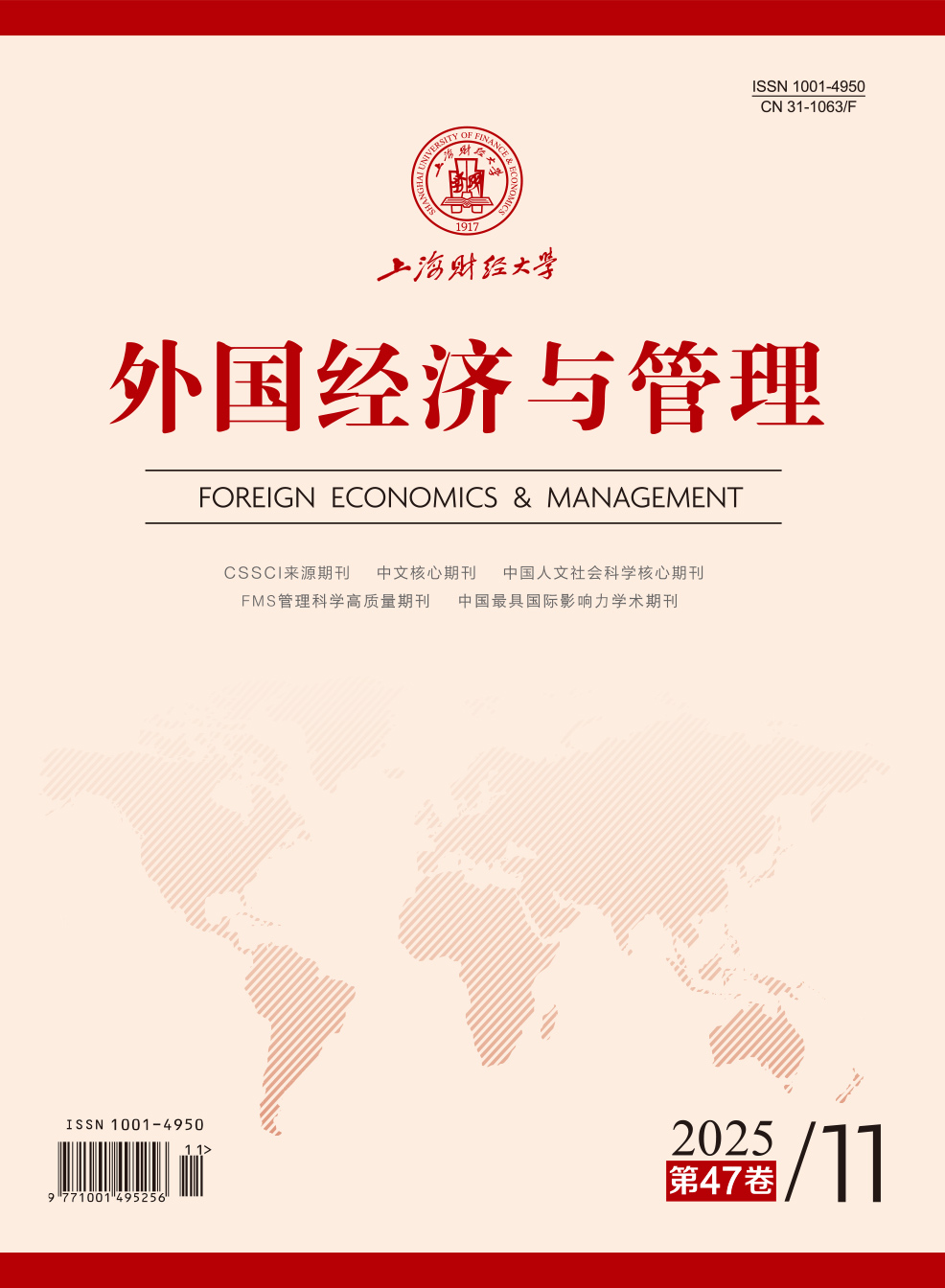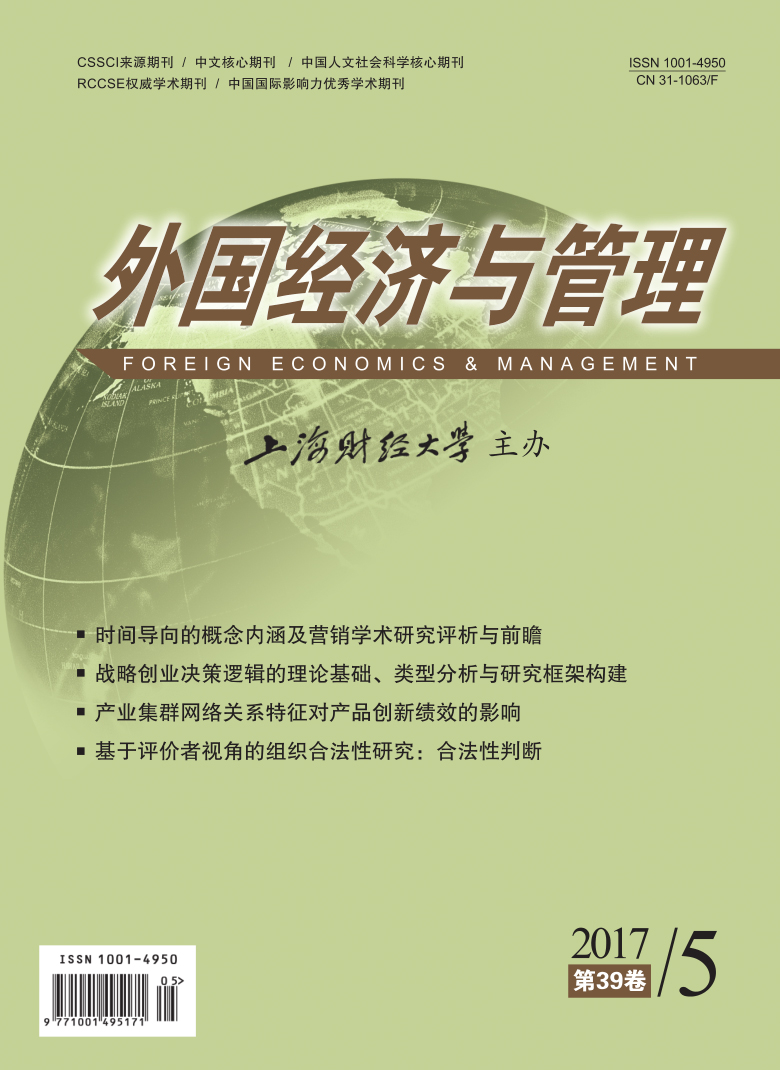Banks and enterprises make full use of market resources and integrate them through " baotuan” and alliances. Holding together can push banks and enterprises to inject the strong vitality of competition and development, to join hands to cope with the grim situation, and to pull through the " economic winter”. Then in the field of internet finance, can borrowers hold together for warmth just like banks or enterprises? This paper uses lending transaction data from the Prosper network lending platform as the sample to test the impact of group system on lending behavior from five perspectives. The main results show that: different borrowers have different strategies on joining the groups. Borrowers can hold together for warmth to a certain extent, but the " warmth effect” varies with different borrowers. Specifically speaking, firstly, the borrowers with lower credit rating are more inclined to join the groups, and the effects of joining the groups on the success and interest rates of borrowing are more obvious; secondly, to join the groups can increase the success rate of borrowing, reduce interest rates and raise borrowing efficiency, but for the borrowers in the groups, their repayment performance is not good and they have higher default rates. It provides a useful reference for the healthy development of domestic P2P network platform lending.
 / Journals / Foreign Economics & Management
/ Journals / Foreign Economics & ManagementForeign Economics & Management
JIN Yuying, Editor-in-Chief
ZhengChunrong, Vice Executive Editor-in-Chief
YinHuifang HeXiaogang LiuJianguo, Vice Editor-in-Chief
Can Borrowers Hold Together for Warmth? The Effects of Group System on P2P Lending Behavior
Foreign Economics & Management Vol. 39, Issue 05, pp. 85 - 99 (2017) DOI:10.16538/j.cnki.fem.2017.05.007
Abstract
References
Abstract
Cite this article
Peng Hongfeng, Yang Liuming. Can Borrowers Hold Together for Warmth? The Effects of Group System on P2P Lending Behavior[J]. Foreign Economics & Management, 2017, 39(5): 85–99.
Export Citations as:
For




 8002
8002  7266
7266

